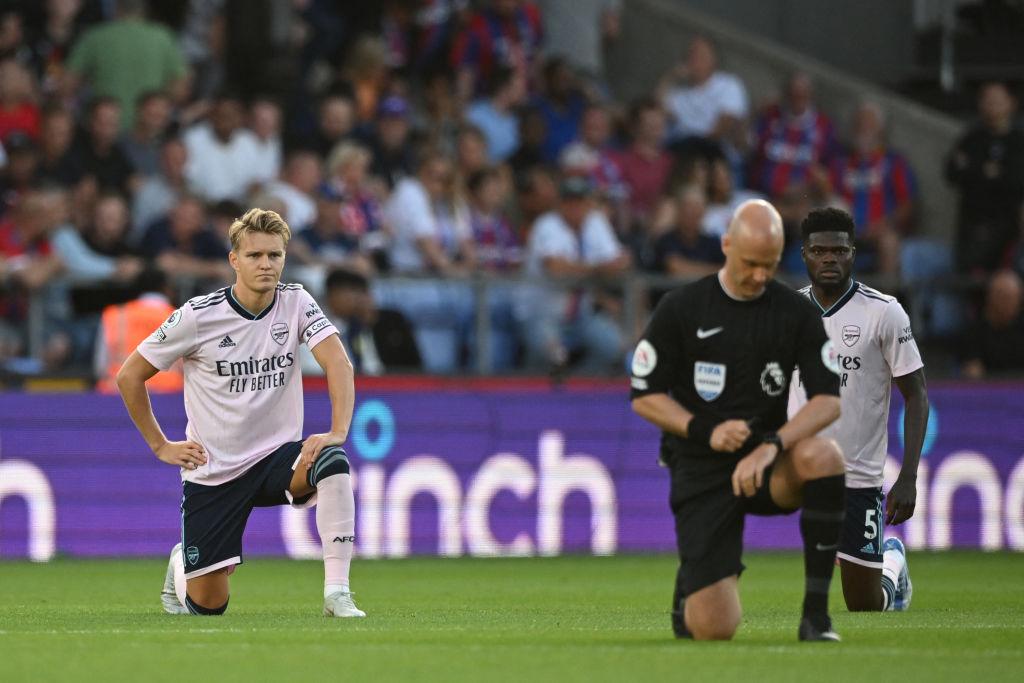Almost two-thirds of English soccer fans now oppose players taking the knee before matches, seeing the anti-racism gesture as superficial, a paper co-authored by an academic from the University of South Australia (UniSA) has found.
Starting in the wake of George Floyd’s killing in 2020 and the subsequent reignition of the Black Lives Matter movement, dropping to one knee before games has not translated into any real-world action by football clubs to tackle racism, a survey of more than 1,000 soccer fans has shown.





